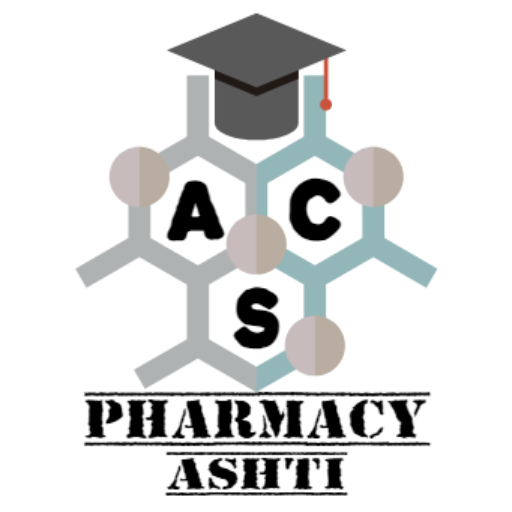Department of Pharmacology
Pharmacology is the discipline of medicine and biology that studies drug action. A drug is widely defined as any man-made, natural, or endogenous (from inside the body) substance that has a biochemical and/or physiological impact on a cell, tissue, organ, or organism. It is the study of the interactions that occur between a live creature and chemicals, which alter normal or aberrant metabolic activity.
Drug composition and properties, synthesis and drug design, molecular and cellular mechanisms, organ/systems mechanisms, signal transduction/cellular communication, molecular diagnostics, interactions, toxicology, chemical biology, therapy, and medical applications and antipathogenic capabilities are all covered in this field.
Pharmacodynamics and pharmacokinetics are the two primary branches of pharmacology. The former investigates the drug’s impacts on biological systems, whereas the latter investigates the drug’s effects on biological systems. In general, pharmacodynamics is concerned with the interactions of chemicals with biological receptors, whereas pharmacokinetics is concerned with the absorption, distribution, metabolism, and excretion (ADME) of chemicals from biological systems.
Pharmacology emerged in the nineteenth century as a biological discipline that used scientific research ideas to therapeutic circumstances. Pharmacologists today use genetics, molecular biology, chemistry, and other advanced tools to translate knowledge of molecular mechanisms and targets into therapies directed against disease, defects, or pathogens, as well as methods for preventative care, diagnostics, and, eventually, personalised medicine.
Following are the Instruments/Equipments available with Pharmacology department in our college;
Haemocytometer with Micropipettes, Sahli’s haemocytometer, Hutchinson’s spirometer, Spygmomanometer, Models for various organs, Sherrington drum, Analgesiometer, Levers , cannula etc
